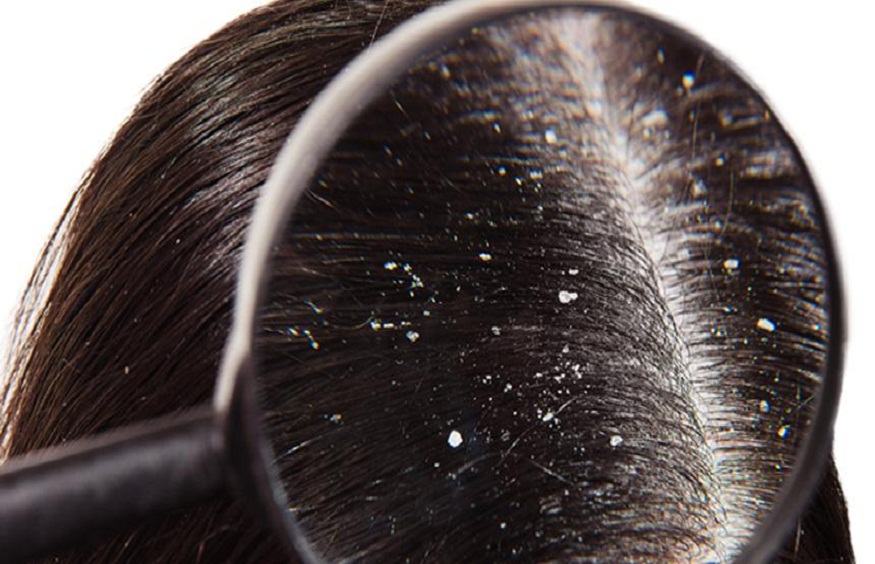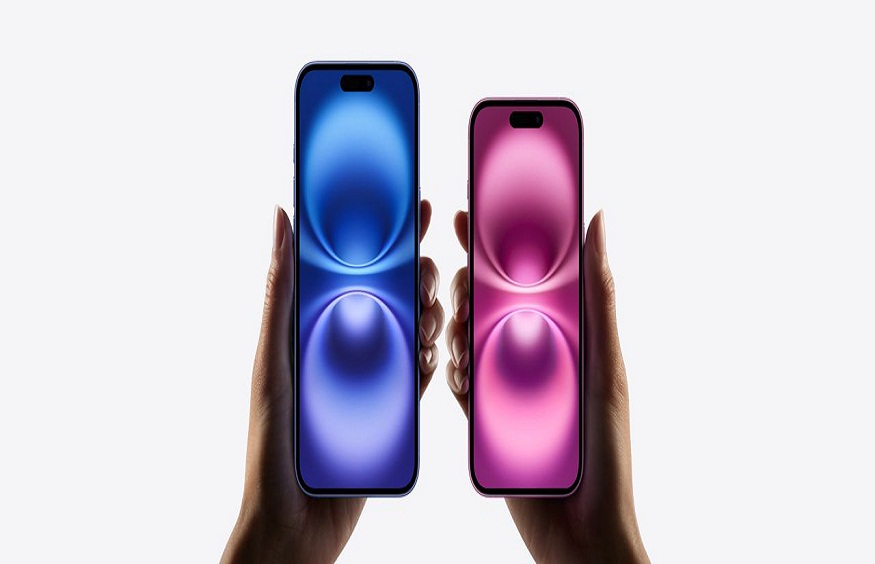
Differentiate between oily and dry dandruff and find solutions
admin
- 0
They affect 50% of adults and make their lives complicated. Dandruff is a skin condition that is difficult to hide and can be dry or oily. Let’s explore how to differentiate and treat them.
In France, one in two people has dandruff . This skin condition affects 50% of adults worldwide. It is due to the cellular renewal of the scalp, which is not adapted. This causes a defect in the maturation of the epidermis cells. The life cycle of the scalp is renewed every 28 days. When it is shortened, dead cells proliferate and detach, forming oily or dry dandruff. These two types can affect both men and women, regardless of their age. Dandruff is uncomfortable from an aesthetic point of view, but it can also cause itching.
Psoriasis, oily or dry film?
There are two types of dandruff that can be distinguished: dry and oily.
Dry dandruff is the most common. It is thin, dry and whitish in color. It often appears on dry or normal scalps and is not accompanied by itching or irritation. However, it represents a real aesthetic problem since it can fall on the shoulders like snow and is often a source of discomfort.
Oily dandruff is rarer and more difficult to manage. It has a thicker appearance and a yellowish color. This dandruff tends to develop on oily scalps. It mixes with sebum and is difficult to remove from the hair, unlike dry dandruff, which causes itching.
Dry dandruff can be confused with psoriasis , an inflammatory disease that affects the skin, from the scalp to the face and body. The latter appears as scales, white flakes of skin on the scalp. Redness and dryness are also part of the symptoms. Psoriasis, unlike dry dandruff, causes itching. When this is the case, you should consult a dermatologist so that they can prescribe the appropriate treatment.
Are dandruff itchy?
Yes, dandruff can sometimes cause an itchy scalp. The flaking of the skin can create inflammation, especially when it comes to oily dandruff . Excessive scratching can make the situation worse and lead to skin damage. That’s why, even though it’s difficult, it’s important to not scratch your head and follow the proper treatment, recommended by a dermatologist.
What causes dandruff?
Different factors can explain the appearance of dandruff:
Overgrowth of microorganisms (the fungus Malassezia): Excessive production of sebum by the sebaceous glands of the scalp creates an environment conducive to the proliferation of yeast called Malassezia, which can trigger dandruff.
Genetic predisposition: Some people may be genetically predisposed to having a more sensitive scalp or excess sebum production, which increases the risk of dandruff.
Climatic conditions, such as exposure to the sun, cold.
Physical or emotional stress: It can influence the health of the scalp and worsen dandruff problems.
Hormonal changes: Such as those occurring during puberty, pregnancy or menopause, can affect sebum production and contribute to dandruff.
Lifestyle habits: An unbalanced diet, rich in saturated fats and sugars, and excessive alcohol consumption can sometimes aggravate dandruff problems.
Unsuitable cosmetics: certain oily or irritating hair products can promote sebum production and contribute to dandruff.
How to remove dandruff?
To remove excess sebum and dead skin cells that cause dandruff, start by washing your hair more regularly, such as 2 to 3 times a week.
Use a suitable shampoo. Anti-dandruff shampoos contain antifungal active ingredients that fight against the proliferation of fungi, anti-proliferative active ingredients to counteract the multiplication of epidermal cells and anti-inflammatory and soothing active ingredients to reduce itching.
When applying your anti-dandruff shampoo, gently massage your scalp with your fingertips. This can help loosen dead skin cells.
Avoid very hot water which can irritate the scalp and prefer lukewarm water.
Dry carefully, as blow drying too hot can irritate the scalp.
Do not scratch your head so as not to make the condition worse.
How to get rid of oily dandruff?
If you suffer from oily dandruff, you will need a dermatological shampoo to improve the appearance of your scalp.
What treatment for dry dandruff?
Dry dandruff can mean a loss of moisture in the scalp. To reduce flaking and soothe irritation, you can use a moisturizing shampoo formulated for dry hair. Opt for ingredients like olive oil, aloe vera , or sweet almond oil, which will deeply moisturize, soften, and repair the scalp. Hair oils are a great choice in this type of situation, as they will maximize moisture. Then make a mask of coconut oil or argan oil, and leave it on overnight. Your hair will come out softer, shinier, and your scalp hydrated and healthy. Finally, you can rethink your diet, favoring products rich in nutrients, including essential fatty acids, can contribute to the health of the scalp.
Natural remedy for dandruff


